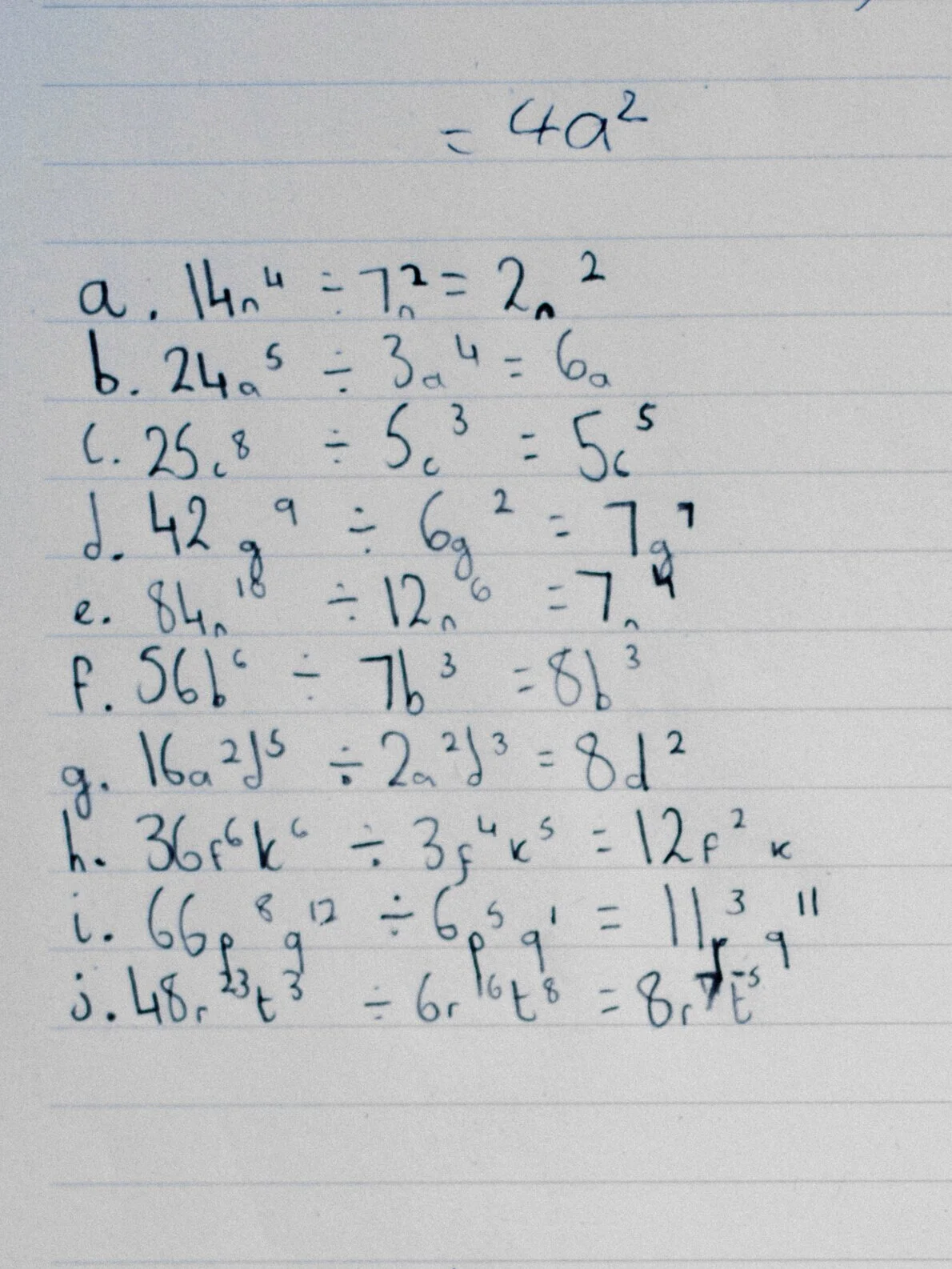There are many systems students and families need to learn to navigate. Each year in the fall, students and families typically received their first set of grades for the year. Along with these grades come a myriad of feelings. For students who are able to navigate the grading system well, these feelings are positive. But what is happening for students who are struggling with navigating the grading system? How do these practices impact our less privileged students? And as educators, how do we contribute to the continuation of inequitable grading practices?
Photo by Les Anderson on Unsplash
All educators know that feedback is critical to help students grow as learners. Clear, actionable feedback is individualized and provides support to meet each student where they are at to continue to improve their knowledge and skills. Feedback becomes a problem for grading when practices are used that measure compliance. These types of practices include:
lowering grades for submitting work late
grades connected to participation or behavior
grades that reflect the quantity of work,
grading homework.
Learning is not a competition. Students learn at different rates. Students who learn at a faster pace should not be rewarded over others who learn at a slower pace. It does not matter when students demonstrate mastery, it only matters that they do. Grades should be a reflection of student mastery of skills rather than an ability to complete on-time a series of assignments. In rethinking grading practices, there are some questions to help guide the work:
What are the skills and knowledge that students need to demonstrate?
What are all the ways students are able to show what they are able to do?
How many opportunities do students get to demonstrate their learning?
Rethinking grading practices is deep, reflective work. Fortunately, there are several resources available for individual teachers, teacher groups, or whole schools to use as we evaluate grading practices through an anti-racist lens. Below are some resources to support continuing the discussion.
Higher Education is also grappling with equitable grading practices. Improved Grades Practices Makes Classes More Equitable
The New York Times has a good article to share with parents - A’s for Good Behavior
Best Regards,
Kristin Moon
PMSP Project Coordinator & PPS Program Administrator for Technology & Engineering


